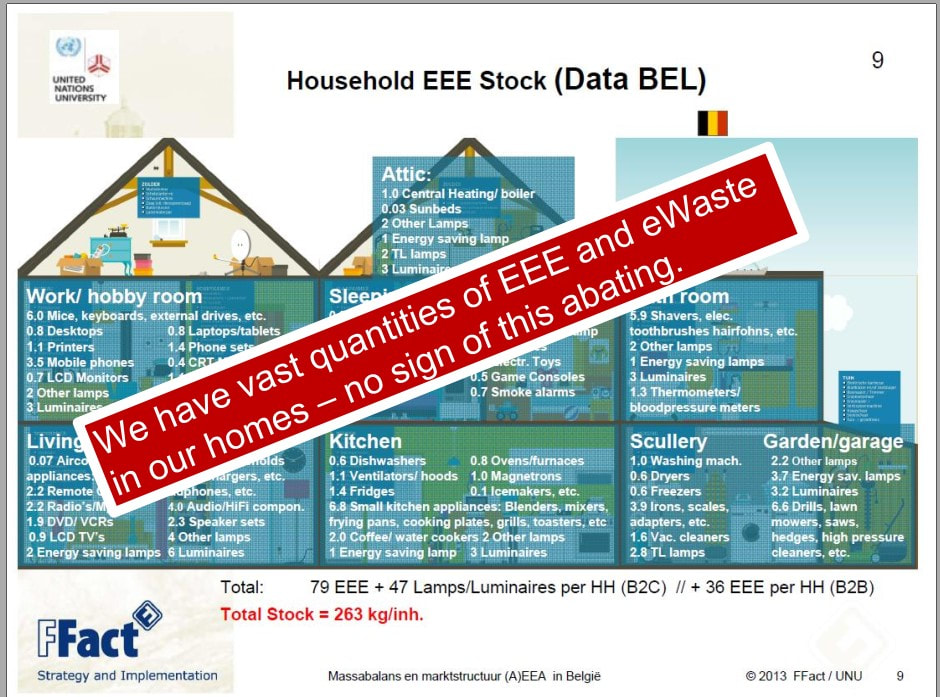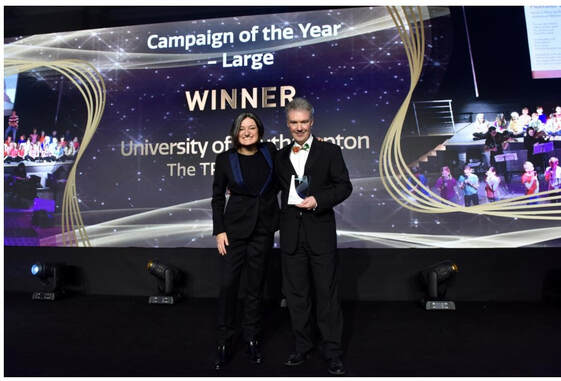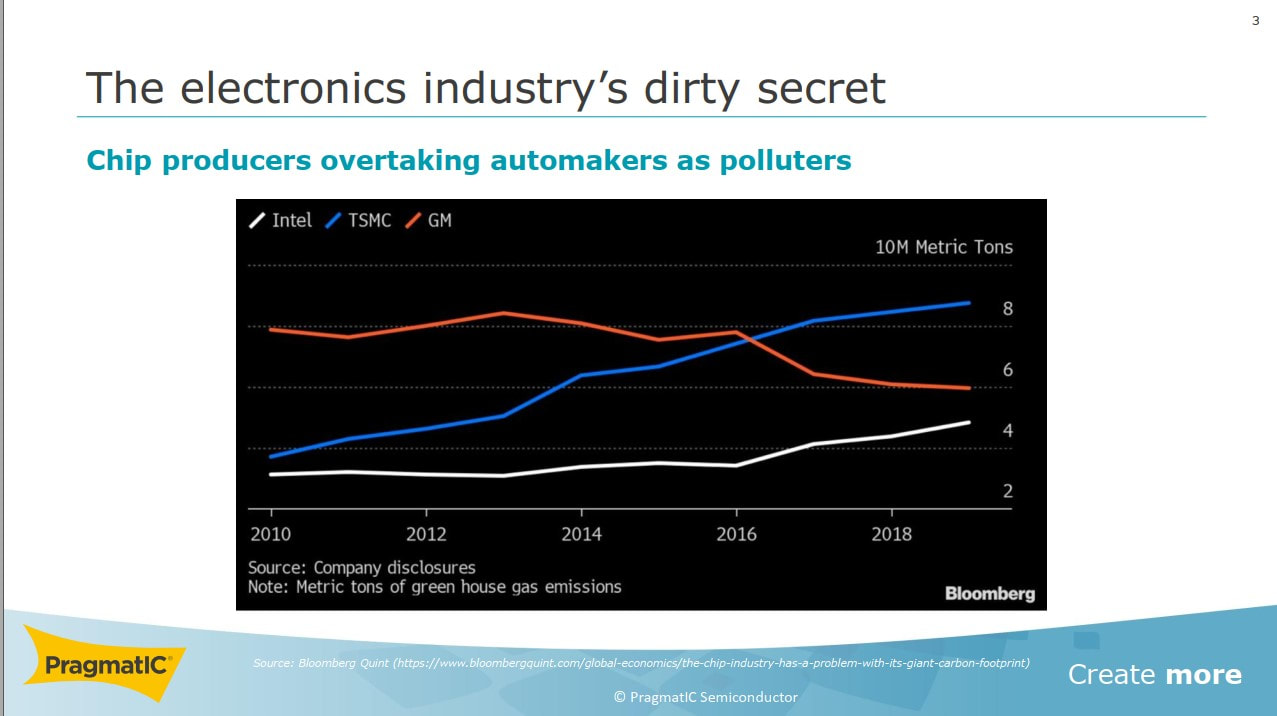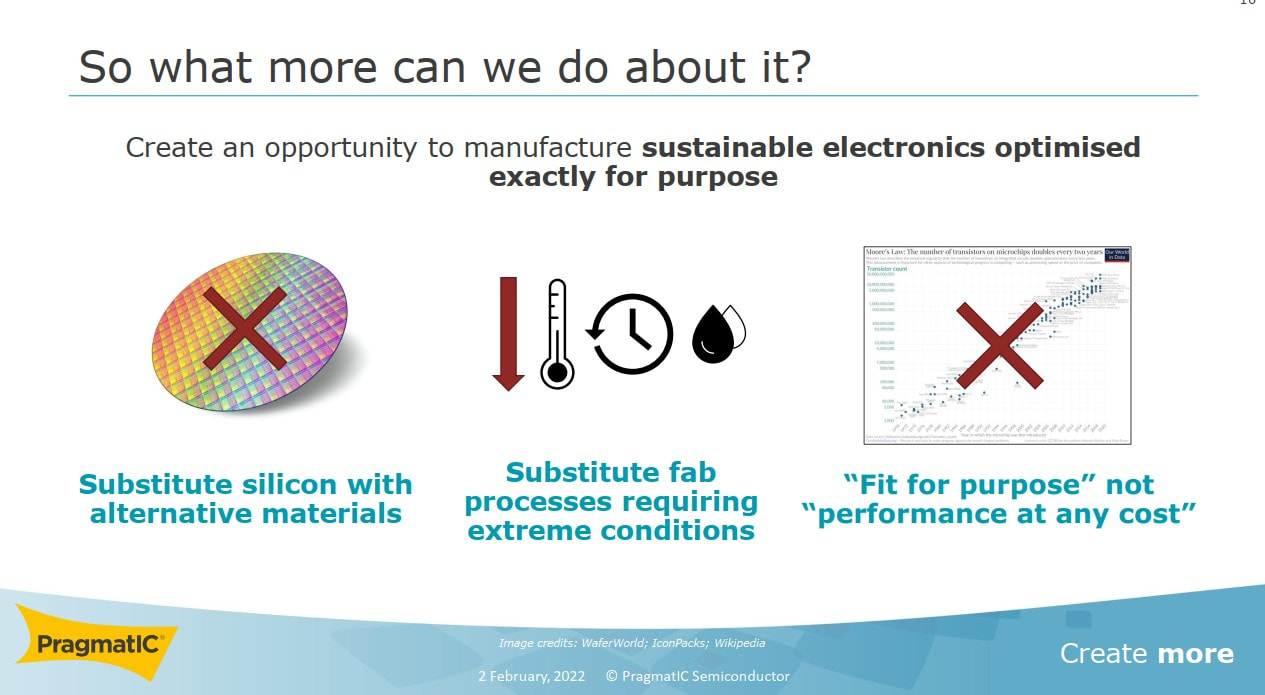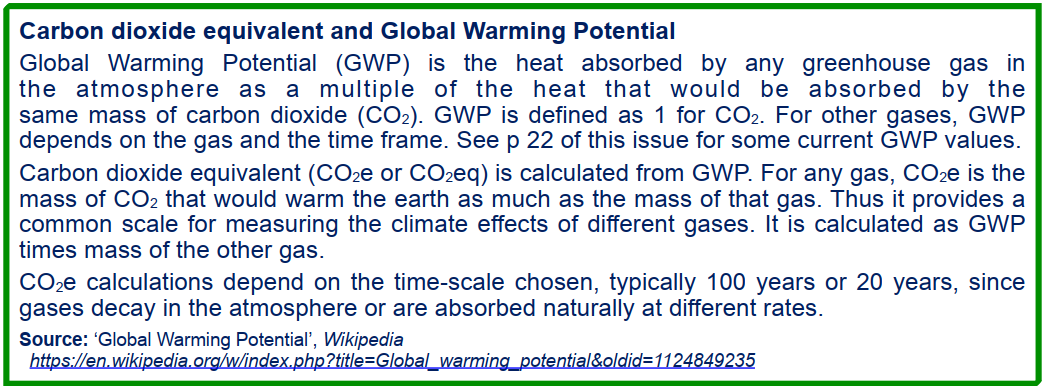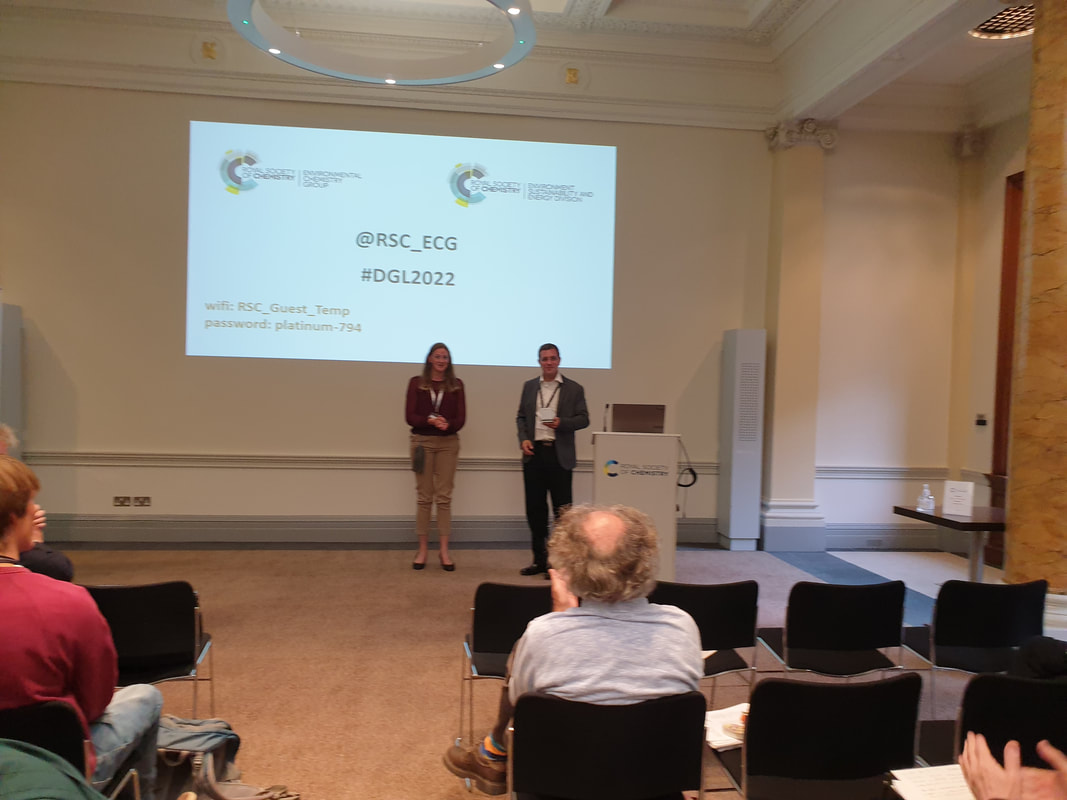- Home
- About
- Environmental Briefs
-
Distinguished Guest Lectures
- 2023 Water, water, everywhere – is it still safe to drink? The pollution impact on water quality
- 2022 Disposable Attitude: Electronics in the Environment >
- 2019 Radioactive Waste Disposal >
- 2018 Biopollution: Antimicrobial resistance in the environment >
- 2017 Inside the Engine >
- 2016 Geoengineering >
- 2015 Nanomaterials >
- 2014 Plastic debris in the ocean >
- 2013 Rare earths and other scarce metals >
- 2012 Energy, waste and resources >
- 2011 The Nitrogen Cycle – in a fix?
- 2010 Technology and the use of coal
- 2009 The future of water >
- 2008 The Science of Carbon Trading >
- 2007 Environmental chemistry in the Polar Regions >
- 2006 The impact of climate change on air quality >
- 2005 DGL Metals in the environment: estimation, health impacts and toxicology
- 2004 Environmental Chemistry from Space
- Articles, reviews & updates
- Meetings
- Resources
- Index
Disposable Attitude: Electronics in the Environment
The first in-person Distinguished Guest Lecture (DGL) since 2019 was held on Friday 9th September 2022 at Burlington House. This one-day DGL and symposium explored the chemistry of electronics manufacture and disposal in the environment, the modern consumer attitude towards electronics and potential future sustainable methods for manufacture.
The 2022 DGL was provided by Mr Steve Cottle of Edwards Ltd, supported by Professor Ian Williams (University of Southampton), Dr Catherine Ramsdale (PragmatIC Semiconductor), and Ms Fiona Dear (The Restart Project).
The 2022 DGL was provided by Mr Steve Cottle of Edwards Ltd, supported by Professor Ian Williams (University of Southampton), Dr Catherine Ramsdale (PragmatIC Semiconductor), and Ms Fiona Dear (The Restart Project).
|
The symposium was opened by ECG chair, Dr Rowena Fletcher-Wood, who introduced the first speaker, Professor Ian Williams (University of Southampton) and his presentation entitled Enabling recovery and recycling of materials used in electronics: The Trace Project (pp. 24-27). Professor Williams began his talk with the background to the Waste Electrical and Electronic Equipment (WEEE) issue. WEEE or e-waste is defined as anything with a plug, electric cord or battery. Devices fitting this description are usually made up of a complex mixture of materials and can cause environmental and health problems if not handled correctly. To highlight the scale of the issue, a 2010 Belgian study found that the average home contains ~263 kg of electronic equipment per inhabitant. Professor Williams highlighted the difference in
technological evolution between radios and mobile phones, with the rapid increase in complexity of the latter leading to increases in e-waste. In 2019, 53.6 Mt of e-waste were generated globally, of which 82.6% had no documentation as to what happened to it. |
Some products that are classified as WEEE are commonly not treated by the public as such and, for example, vaping devices (e-cigarettes), batteries, and light bulbs are frequently disposed of inappropriately. Other hidden or less well known WEEE problems are “hibernating” devices – those that many of us keep as “back-ups” or devices in need of repair – and unwanted cables; the incredible statistic given was that unwanted cables in the UK alone could circle the Earth more than five times. Alongside the environmental issues related to the manufacture and disposal of electronics (including the pollution caused by mining raw materials), the impact of using these devices is also large. Irish data centres, for example, consume 14% of the total electricity used in Ireland and use huge quantities of fresh water for cooling.
Public awareness of the issues surrounding e-waste is low and the TRAnsitioning to a Circular Economy (TRACE) project was conceived to use art and music to help raise awareness and effect changes in behaviour and attitudes. One of the major concepts behind the TRACE project was the use of intergenerational influence – children discussing e-waste with their families and caregivers – and the creation of anthropomorphic personifications of objects by children to evoke emotional responses in their audience. After briefing the artists and musicians, Professor Williams and his PhD student, Alice Brock, led educational workshops in a local primary school which were complemented by musical workshops led by musicians. This culminated in two performances in early March 2020 during UK Science & Engineering Week and at an associated art exhibition. The pupils performed songs, poems, and raps that they composed themselves with support from the musicians Robin Browning and Ricky Tart. An art exhibition was also staged in March 2020, showcasing the work of artist Susannah Pal based on the
briefing given to her by the scientists. The TRACE project successfully raised awareness of e-waste issues via collaboration between scientists and creative artists. This allowed the socioeconomic and technological challenges of managing e-waste and intergenerational influence to be explored. The project was so well received that it won a national recycling award.
briefing given to her by the scientists. The TRACE project successfully raised awareness of e-waste issues via collaboration between scientists and creative artists. This allowed the socioeconomic and technological challenges of managing e-waste and intergenerational influence to be explored. The project was so well received that it won a national recycling award.
The second speaker was Dr Catherine Ramsdale (PragmatIC Semiconductor), with a talk entitled Flexible electronics: improving sustainability Dr Ramsdale noted that the semiconductor industry is now overtaking the automobile industry as a leading source of greenhouse gases with the increase in use of electronics in day-to-day life. As semiconductors become smaller and more complex, their carbon footprint including use of volatile organic compounds (VOCs) and gases and use of energy increase. Around half of the energy consumption of wafer processing is from the actual manufacturing process, with the other half being accounted for by the support facilities and clean rooms.
|
Flexible electronics being developed by PragmatIC have a lower energy demand for manufacture, have fewer layers than silicon-based technology and are also more responsive with fewer errors. Flexible electronics fabrication can be smaller and lower cost than traditional facilities, allowing
manufacture to be more widely distributed to meet local demand, reducing transport requirements. Potential uses for flexible electronics could also help with other waste problems. For example, smart labels on plastic bottles could make deposit return schemes digital, and improve on the current rate of plastic recycling which is only 9% of all the plastic ever produced globally. The tracking of products through the waste stream, such as tyres, may reduce the levels of fly-tipping. Electronics in packaging to assess the safety of food could reduce the current global food waste of > 30% by reducing reliance on use-by dates. Questions from the audience investigated the potential effect of smart labels on recycling and the increase in WEEE from the addition of the electronics. Dr Ramsdale indicated that PragmatIC are taking these issues into account and expect that smart labels could be reused too. Their circular economy team are dedicated to ensuring that there is value in adding flexible electronics to products. |
DGL convenor and ECG Secretary Laura Alcock introduced Ms Fiona Dear (Restart Project), who gave a presentation entitled Reducing e-waste through repair: Better electronics, more access to repair and new behaviours (pp. 28-29). Ms Dear opened her talk with the observation that we are stuck in the “use > throw > buy more” cycle, and noted that the UK is the second highest producer of e-waste per person in the world. For relatively energy efficient devices, such as laptops, the majority of their associated primary emissions come from the pre-use phase of their lifecycle; in the case of laptops, this can be approximately 88% in pre-use, 11% in use, and only 1% at end-of-life. Devices with a lower pre-use emission profile tend to be less efficient during use, such as toasters and kettles.
It was estimated that the production of one laptop uses around 263 kg CO2e, roughly equivalent to a flight from London to Berlin.
The use of devices for more than a decade is virtually unheard of and “sounds heroic”, but to tackle the e-waste problem, this should become more common. In two studies, around 75% of people questioned support repair of items to allow longer lifetimes, but this is not reflected in public behaviour, where only 14% of devices are currently repaired or reused. Ms Dear outlined some of the major barriers that prevent the repair and reuse of items as follows:
How products are made: • Hard to open; parts often glued in; parts bundled; invalidation of warranties; availability of parts; software issues restricting parts and/or functionality.
Psychological obsolescence: • Must have the new model; focus on design over actual functionality; replace, do not repair; fewer repair options available.
Cost of repair: • Comparing one-off manual repair cost to mass production cost.
The Restart Project is focussed on driving for more Right to Repair legislation, as the current regulations are very limited, only applying to TVs and white goods and only available to professionals, leaving out local “repair café” type initiatives. The EU is increasing legislation around making batteries easier to replace and repair, eco design (right to repair on a larger scale), and France has a repair index which provides a scale of how repairable an item is; although these are currently EU only regulations, the requirement for manufacturers to comply with them is likely to have an impact globally. The Restart Project supports Restart parties and repair cafés to improve access to repair of devices, which allows data to be collected on how and where devices commonly break. Community initiatives also allow for young people to see and learn how to carry out some basic repairs. A question was raised about the safety of devices repaired by such enterprises; currently, community repairers are shadowed by more experienced colleagues before they are allowed to work independently. Design for repair will also improve safety.
How products are made: • Hard to open; parts often glued in; parts bundled; invalidation of warranties; availability of parts; software issues restricting parts and/or functionality.
Psychological obsolescence: • Must have the new model; focus on design over actual functionality; replace, do not repair; fewer repair options available.
Cost of repair: • Comparing one-off manual repair cost to mass production cost.
The Restart Project is focussed on driving for more Right to Repair legislation, as the current regulations are very limited, only applying to TVs and white goods and only available to professionals, leaving out local “repair café” type initiatives. The EU is increasing legislation around making batteries easier to replace and repair, eco design (right to repair on a larger scale), and France has a repair index which provides a scale of how repairable an item is; although these are currently EU only regulations, the requirement for manufacturers to comply with them is likely to have an impact globally. The Restart Project supports Restart parties and repair cafés to improve access to repair of devices, which allows data to be collected on how and where devices commonly break. Community initiatives also allow for young people to see and learn how to carry out some basic repairs. A question was raised about the safety of devices repaired by such enterprises; currently, community repairers are shadowed by more experienced colleagues before they are allowed to work independently. Design for repair will also improve safety.
The 2022 Distinguished Guest Lecture was given by Mr Steve Cottle (Edwards Ltd). Mr Cottle’s lecture was entitled Environmental management of exhaust gases associated with the manufacture of semiconductors (pp. 22-23). Mr Cottle is a Senior Applications Manager at Edwards Vacuum. During his 25-year tenure at Edwards, he has worked in multiple technical roles leading advanced development of customer-specific solutions for exhaust management. He is an industry recognised expert in exhaust management and knowledgeable in all technical aspects of exhaust management. He holds a BSc in Chemistry from Bristol University.
Mr Cottle opened his lecture with a description of the environmental impact of semiconductor manufacture, from the 1 million gallons of water used daily by a typical US facility to the over 500,000 tonnes of CO2e gas emissions per year per facility. The monitored emissions from semiconductor production account for 0.23% of the total emissions in the USA. Moore’s law states that the number of transistors on an integrated circuit doubles every year, and over 8 billion transistors can now be found on a single mobile phone chip. It is estimated that 90% of the world’s data have been generated in the last two years. Some of the most significant global warming impact comes from etch processes, but actions are being taken to reduce this, including moving away from the use of perfluorocarbons (PFCs) in favour of nitrogen trifluoride (NF3). Recovery of PFCs is not economically viable as the purity of recovered gases is too low and inconsistent to be of use in subsequent semiconductor manufacture; abatement of emissions, therefore, is the main solution being employed.
Abatement takes the form of exhaust management, with sub-atmospheric plasmas being used to convert greenhouse gases to less harmful compounds. Emissions after abatement are in the region of 20,000 tonnes of CO2e. Even after factoring in the approximately 25,000 tonnes of energy used in the exhaust management process this represents about a 90% reduction in net emissions from the 500,000 tonnes of CO2e an unabated facility can produce annually. Over the past 25 years, Edwards have prevented the release of around 20 billion tonnes of CO2e emissions.
|
The meeting concluded with the presentation of the 2022 Distinguished Guest Lecture medal to Mr Cottle. The delegates left having enjoyed one of their first in person meetings in over two years, and engaging in fascinating discussion on issues related to electronics and electronic waste. |

